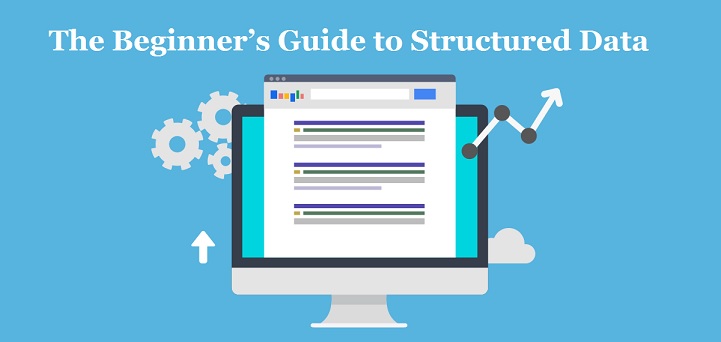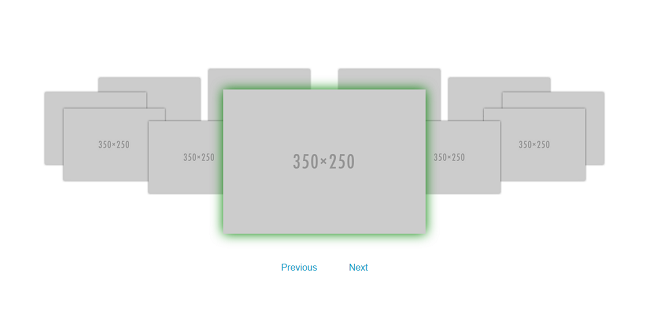
Few years ago, SEO experts started spreading the information about structured data. Most popular search engines such as Yandex, Google, Bing, and Yahoo have contributed their efforts to build some standards elements.
These standards elements are called Schema Markup that is used for indexing the website in different search engines to get desired results.
Most of the people are still unaware of structured data. Even they don’t know how to use these elements for enhancing results in search engines.
Therefore, this article is prepared for you to guide to Structured Data and how you can use these elements for enhancing results in search engines with the help of search engine optimization techniques.
Table of Contents
What do you mean by structured data?
Structured data means arranging and organizing the data in particular shape or form. This data is managed on the web pages.
You can make use of structured data in different ways such as you can make use of Open Graph Markup for specifying Facebook title and description.
In SEO, structured data is meant to adding markup or any information that will give some extra details about the page content to Google, Yahoo, and different search engines.
Search engines will be able to understand your content in a better way with the help of these Markups. Moreover, this content will add value to the relevant results.
This structured data will be a reason for enhancing the ranking of your website on SERP i.e. search engine results page.
You have to be careful that the search engine is able to understand and analyze the markups. Different types of specific syntaxes are classifications of concepts, vocabularies, and links.

Hence only three types of syntaxes are supported by the search engines that are Microformats, Microdata and JSON-LD. Rather than this 3 syntax, there are 2 more vocabularies that are Microfornats.org and Schema.org. These vocabularies are used to share information about a website’s content.
Schema.org is most commonly used in SEO for structured data markup. And for product reviews and location sharing, most of the people prefer Microformats.org. If your preferred choice is schema.org for adding markup to the website’s content then JSON-LD and Microdata format are the best options.
Guide to Structured Data how it works?
As mentioned above with the structured data, different search engines understand the website content in an easy way. Search engines like Google, Yahoo, Bing, etc try to optimize the algorithms so that they can use an index and shows the results to give the results to the users.
At this time structured data is very helpful. It gives the data to the search engines about the various type of data that is available on the website.
Some information is not related to the search engines but it can be related when you will change the search algorithm in the future.
Different search engines are trying to improve the search engine ranking pages by improving navigation and user experiences.
Search engines also retrieve the information from other websites to showcase the relevant information faster on search engines ranking pages with fewer clicks. Hence at this time, structured data is used widely.
Guide to Structured Data with example
Structured data is not able to access by average internet user nor they can view it. Because the structured data is hidden in the code of the website.
When professionals use a standard of structured data, the Bing and other search engines improve the ranking of a website and highlight their content with the SERP features.
In the search engine result pages, Google shows different data. Some part of the information is basically fetched out by web pages of structured data.
Hence the structured data is the reason which influences the SERP of Google. The content features are displayed as an individual search results
Content Features
1. Carousel
Carousels are tiny pictures that get emerge with the caption on SERPs of Google when users look for something. If you click on those tiny pictures, you will be able to find the individual SERP for specific searches.

2. Featured Snippets
Featured Snippets are the information related to the search query that is LinkedIn with the third party website.
Hence it is not considered to be a part of the top then organic searches that are resulted in the Google SERP. Featured Snippets are wonderful for growing the click of web pages via results.
3. Knowledge Panel
Knowledge panels mean the information or the images appear the basis of relevant searches in the form of a panel.
The result will be shown on the right side of the SERP. This will be very helpful because the user will get the information without performing any action on a link.
The knowledge panel consists the information about particular categories such as celebrity’s birthday, stock prices, etc. Most of the users make use of Schema markup so that they can tag this kind of information.
Enriched Search Results:
1. Breadcrumbs
Breadcrumbs are very useful for enhancing navigation experience. In short, breadcrumbs are important to minimize the user actions on a website to navigate from one page to another.
Breadcrumb determines the exact position of a particular page on SERP. Breadcrumbs are best for small devices that specify the page position.
2. Sitelinks
Some of the website links that get emerge under the featured snippets are known as Sitelinks. Google shows the links of a website that are related to the searches so that users will be needed for such information.
This Sitelinks helps to get more user traffic by optimizing the structured data on your website pages.
3. Sitelinks SearchBox
Sitelinks SearchBox is the same as Sitelinks. the only difference is that the Sitelinks search box has the search box at the bottom of a search results.
It get displays with the branded searches. Actually Sitelinks SearchBox make a use of Google search option and ignores the website to get the new SERPs.
Structured data is very helpful for your to enhance the accessibility of your websites by giving a good searching experience to your users.